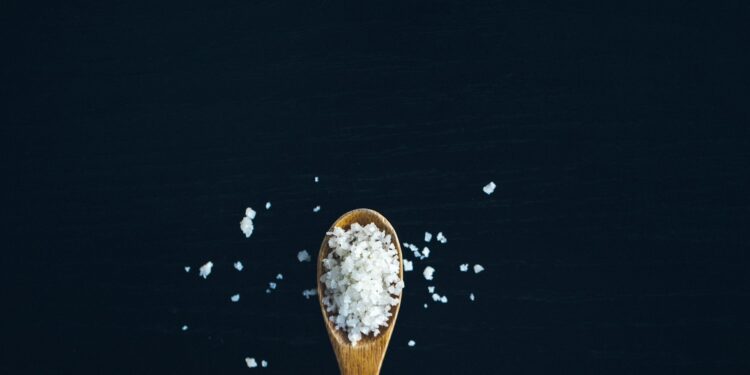Home salt is being altered.
You’re likely aware that excessive sodium intake from salt can contribute to health problems like high blood pressure and water retention. However, experts are now warning that it’s not just the amount of salt you use but also the type, as many salts are heavily processed and refined. The focus is on two common types: table salt (including Kosher salt) and sea salt.
Table salt is typically mined from underground deposits and processed to achieve a fine texture, making it easier to use in cooking. According to the American Heart Association (AHA), this processing removes other minerals, and additives like anticaking agents are often added to prevent clumping. On the other hand, sea salt is derived from evaporated seawater, usually undergoes little to no processing, and may retain trace minerals such as magnesium, potassium, and calcium.
Health experts like Bobby Parrish have pointed out that refined salts, like Morton Kosher salt, are highly processed and contain additives like yellow prussiate of soda, a flow agent to prevent clumping. While this additive contains cyanide, it’s tightly bound to iron atoms and is considered safe by the FDA. Other additives, like dextrose (a simple sugar), are used to extend shelf life and are generally regarded as safe in small amounts.
Unrefined salts, such as pink Himalayan salt and Redmond’s Real Salt, are not bleached or processed, retaining natural minerals and containing no additives. However, as the AHA notes, unprocessed sea salt may still have impurities from the ocean, such as lead. Despite their different levels of processing, sea salt and table salt contain the same amount of sodium, so neither is a healthier option based on sodium content alone.
Another factor to consider is iodine. Many table salts are fortified with iodine, an essential mineral for thyroid function, while Kosher salt and sea salt are not. Some health professionals are concerned about increasing iodine deficiency in the U.S., which can lead to thyroid issues. The AHA advises that no type of salt is inherently healthier than another, and the trace minerals in sea salt can easily be obtained from other foods in your diet.

































Discussion about this post